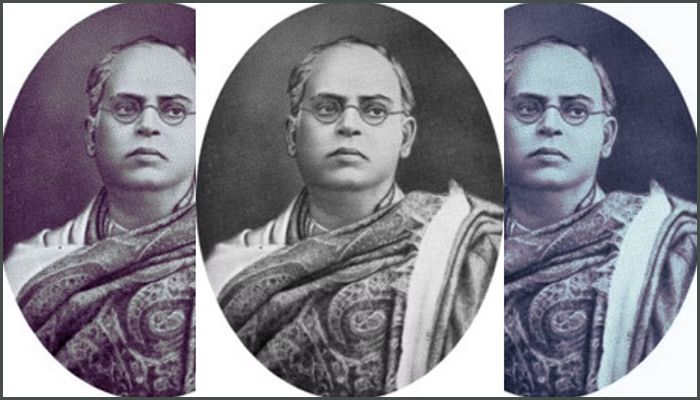
Desk Report
Publish: 29 Jul 2023, 11:38 am

Ishwar Chandra Vidyasagar || Photo: Collected
Ishwar Chandra Vidyasagar's 133rd death anniversary is being observed across the nation with the appropriate solemnity. On September 26, 1820, in Birsingha village, Hooghly district, Bengal, Ishwar Chandra Bandyopadhyay was born, assuming the name Ishwar Chandra Vidyasagar. His parents, Thakurdas Bandyopadhyay and Bhagavati Devi, were Hindu Brahmins.
According to history, he likely began by learning under streetlights. He later became "Vidyasagar" which means “ocean of knowledge”, a name given by his villagers since he was an expert in many subjects.
Social reformer, writer, philosopher, educator Ishawar Chandra Vidyasagar in his lifetime achieved great feats. Vidyasagar who worked as a teacher, had cleared law exam and taught at Fort William College; he was the head of Sanskrit Department there.
Few people are familiar with the reformer who made a significant contribution to improving the status of women in society throughout the 19th century. Examine his achievements to the nation on the occasion of his birth.
Vidyasagar promoted education, particularly for girls. He established schools for females in the 19th century together with other reformers like Ramgopal Ghosh, Madan Mohan Tarkalankar, and others.
The fact that Vidyasagar, who was a faculty member at Sanskrit College, also opened up the college's grounds to members of lower castes—something that hadn't been done before—was one of the things that caused him to fall out with the college's head, Rasomoy Dutta.
Ishwar Chandra Vidyasagar was of the view that irrespective of one’s gender or caste, everyone had the right to receive education which is now recognised as a Constitutional right.
He constantly pursued social liberation, made significant contributions to the advancement of women, and encouraged widow remarriage. Because young widows were abused and exposed to brutality following their spouses' passing, he was outspoken against widow remarriage.
In order to survive, the majority of these young widows would leave their homes and start working as sex workers. It was estimated that Kolkata had 12,718 sex prostitutes in 1853.
It was said that he would purchase food for the poor and medication for the ill using the money from his scholarships. It is not surprising that a homeopathic clinic was constructed there after his house was finally sold by his relatives and turned into a school for girls.
Subscribe Shampratik Deshkal Youtube Channel
© 2024 Shampratik Deshkal All Rights Reserved. Design & Developed By Root Soft Bangladesh